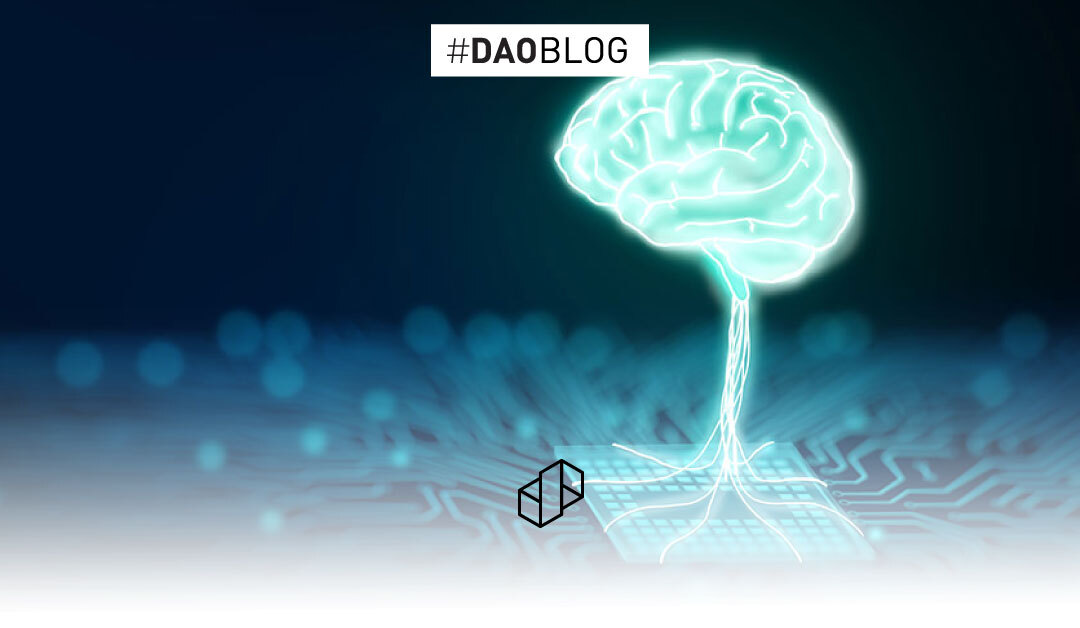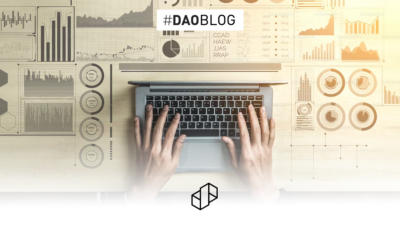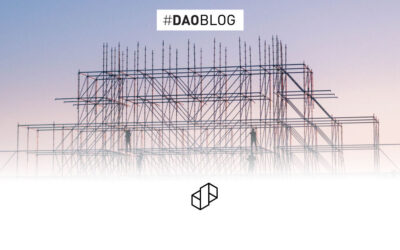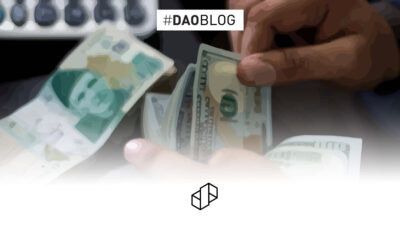Join us as we delve into the transformative potential of blockchain and AI in the real estate industry. We will explore how these technologies revolutionize transactions, enhance transparency, and streamline processes. Furthermore, we will discuss their benefits to various stakeholders, including developers, investors, and industry professionals. Prepare to embark on a journey that uncovers the synergistic disruption of blockchain and AI and how their integration is set to reshape the real estate ecosystem as we know it.
Enhanced Transparency and Security
Transparency has long been a pressing challenge in the real estate sector, hindering efficient and secure transactions. The involvement of multiple intermediaries, including brokers, agents, and lawyers, often leads to a convoluted and protracted process. However, blockchain technology emerges as a game-changer, offering a decentralized and immutable ledger to address this issue head-on. By recording property transactions on a blockchain, all stakeholders gain unprecedented access to a transparent and tamper-proof history of ownership, title deeds, and comprehensive property details.
Imagine a scenario where potential buyers can verify the entire transaction history of a property, ensuring there are no hidden encumbrances or disputes. On the other hand, sellers benefit from a streamlined process that instills confidence in buyers and reduces the likelihood of negotiations falling through due to information discrepancies. Moreover, financial institutions engaged in real estate transactions can leverage this transparent ledger to make well-informed lending decisions based on reliable property data.
The transparency provided by blockchain technology bolsters trust and integrity in the real estate ecosystem. It reduces the risk of fraudulent activities, such as title fraud and property double-spending, while empowering stakeholders with accurate and verified information. Buyers can make informed decisions, confident in the authenticity of property records, while sellers can enjoy a smoother and more efficient transaction process.
Additionally, this newfound transparency has wider implications for the industry as a whole. The availability of comprehensive and transparent property data enables market participants to analyze trends, assess market value accurately, and make informed investment decisions. It also opens up opportunities for new business models and services built on top of the blockchain, as stakeholders can rely on the immutable and auditable nature of the technology.
Smart Contracts for Efficient Transactions and Accountability
Smart contracts, powered by blockchain technology, are transforming the real estate industry by introducing a new level of efficiency, transparency, and accountability. These self-executing contracts operate based on predefined rules, autonomously enforcing the terms and conditions of an agreement without the need for intermediaries, thereby reducing the likelihood of disputes.
In the context of real estate, smart contracts have the potential to streamline property transactions by automating essential tasks such as title transfers, escrow payments, and property inspections. This automation eliminates cumbersome paperwork, saves valuable time, and enhances efficiency. As a result, buyers and sellers can experience a faster and more secure transaction process while simultaneously reducing costs associated with intermediaries.
Furthermore, one notable application of smart contracts, pioneered by DAO PropTech, is the establishment of developer accountability. By directly linking the raised investments to construction milestones, investors can rest assured that their funds are backed by tangible progress. This innovative approach ensures that further investment can only be raised once the previously assigned milestones are successfully met. Not only does this foster trust between developers and investors, but it also provides value-based returns by aligning the credit raised from the market with real construction milestones.
Tokenization of Real Estate Assets
Blockchain enables the fractional ownership and tokenization of real estate assets. Through tokenization, high-value properties can be divided into smaller tradable units, allowing investors to buy and sell fractional shares. This opens up real estate investment opportunities to a broader range of individuals, including small investors who may not have had access to such assets previously.
Additionally, tokenization increases liquidity in the real estate market, enabling fractional ownership to be easily traded on blockchain-based platforms. This liquidity enhances market efficiency and provides greater flexibility for investors.
DAO PropTech has taken one step ahead in utilizing blockchain technology by enabling the fractionalization of real estate assets during the developmental phase. This approach capitalizes on the high-growth potential of projects in their early stages, unlocking access to developmental finance returns.
This fractionalization process democratizes real estate ownership and inclusion by providing opportunities for previously overlooked individuals (low-income groups) to participate in the asset accumulation journey, granting them fractional ownership in developmental real estate projects. By providing investors with developmental finance returns with risk mitigation, DAO PropTech empowers them to participate in the real estate market.
Data-driven Decision Making with AI
The real estate industry is undergoing a remarkable transformation with the integration of artificial intelligence (AI) and its data analytics capabilities. AI algorithms possess the extraordinary ability to process vast amounts of real estate data, encompassing market trends, historical transactions, and property characteristics. By harnessing this data, AI empowers buyers, sellers, and investors with valuable insights and revolutionizes decision-making processes within the industry.
AI plays a vital role in assisting property developers in identifying prime locations for new projects. By analyzing data on market trends, demographics, and infrastructure developments, AI algorithms can pinpoint lucrative areas with high growth potential by analyzing market trends, demographics, and infrastructure developments. This data-driven approach minimizes risks and enables developers to make informed decisions about where to invest their resources, leading to more successful and profitable projects.
Buyers also benefit from AI-powered tools that streamline their property search process. AI algorithms can analyze buyers’ preferences, budgets, and desired locations to provide personalized property recommendations. With this assistance, buyers can quickly and efficiently find properties that align with their specific needs, saving time and effort in the search for their ideal home or investment.
Real estate agents and platforms also leverage AI to enhance their services and provide personalized experiences to clients. AI algorithms can analyze vast property data, including historical transactions, pricing trends, and neighborhood information. This enables them to provide accurate and up-to-date information to clients, ensuring they have a comprehensive understanding of the properties they are considering. Furthermore, AI-powered chatbots and virtual assistants offer round-the-clock customer service by promptly addressing inquiries and providing instant responses, improving overall customer satisfaction.
Predictive Analytics and Risk Assessment
Artificial intelligence (AI) is revolutionizing the real estate industry by equipping professionals with predictive analytics capabilities and enhancing risk assessment processes. Through advanced machine learning algorithms, AI enables real estate professionals to make data-driven decisions and accurately assess risks.
AI-powered predictive analytics models have the ability to forecast market trends, predict property values, and identify potential risks. By analyzing vast amounts of historical data, these algorithms can provide valuable insights into future market conditions, allowing investors to make informed decisions and optimize their real estate portfolios. Whether it’s identifying emerging neighborhoods with high growth potential or predicting fluctuations in property values, AI empowers investors to navigate the market with greater confidence and precision.
In addition to market trends, AI algorithms can also assess creditworthiness, which is particularly valuable for lenders in the real estate sector. By analyzing borrower data, including financial history, credit scores, and other relevant factors, AI can efficiently evaluate mortgage applications. This streamlined process not only saves time but also reduces the risk of defaults by ensuring that loans are granted to creditworthy individuals or entities.
As AI technology evolves and improves, we can anticipate even more sophisticated predictive analytics models and risk assessment tools, further enhancing the decision-making processes within the real estate industry. AI and data analytics brings a new era of precision and intelligence to the sector, enabling stakeholders to optimize their strategies and achieve greater success in the dynamic real estate market.
Beginning of a new era!
The integration of blockchain and artificial intelligence (AI) is revolutionizing the real estate industry. Through tokenization, blockchain brings transparency, security, and fractional ownership, while AI enables data-driven decision-making, personalized experiences, and predictive analytics. Notably, DAO PropTech stands at the forefront, leveraging these technologies to democratize real estate ownership and empower investors. As these technologies continue to advance, the real estate ecosystem will experience increased efficiency, transparency, and innovation, paving the way for a future where blockchain and AI redefine the Real Estate industry.

Ahmad Mahmood Chouhan
Communications and Activations Specialist





0 Comments